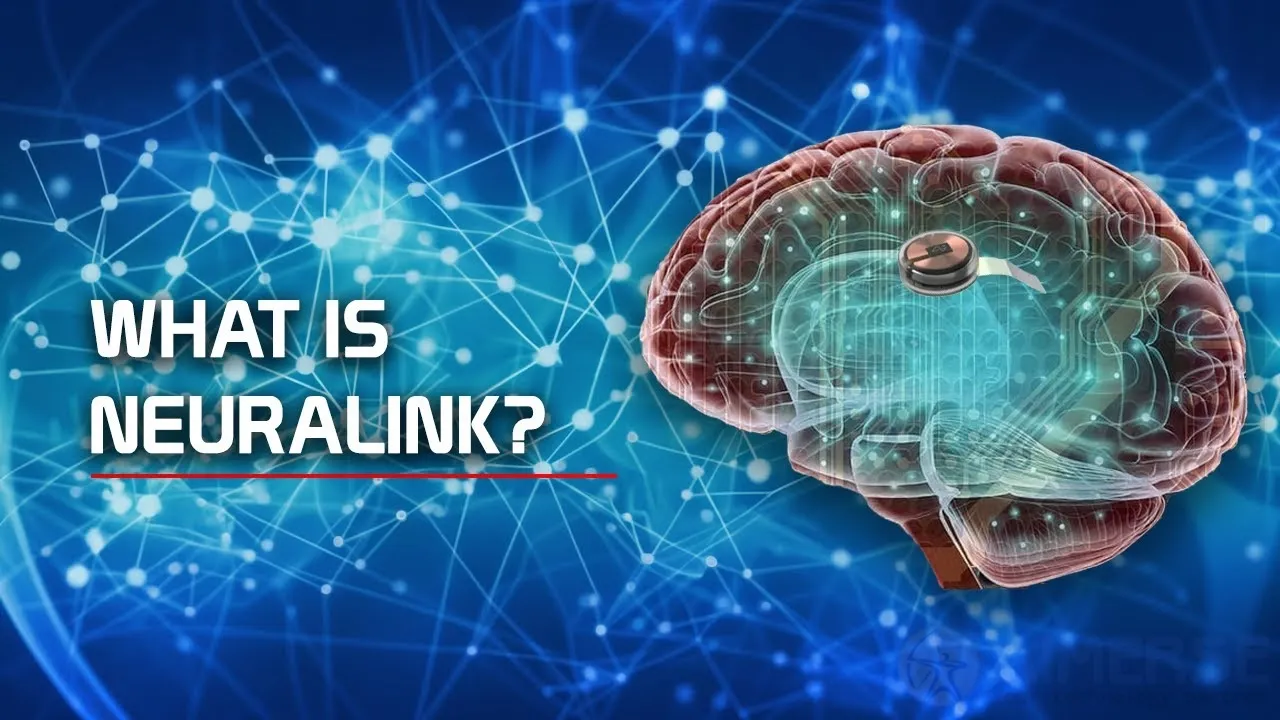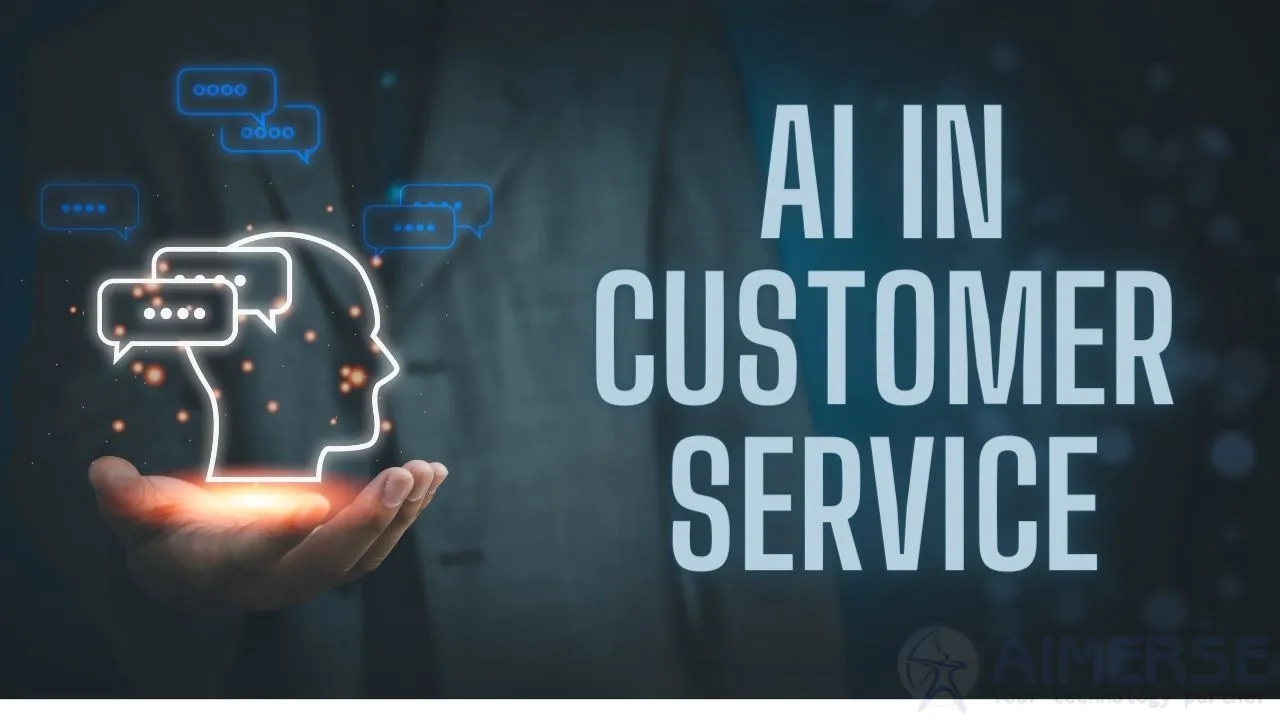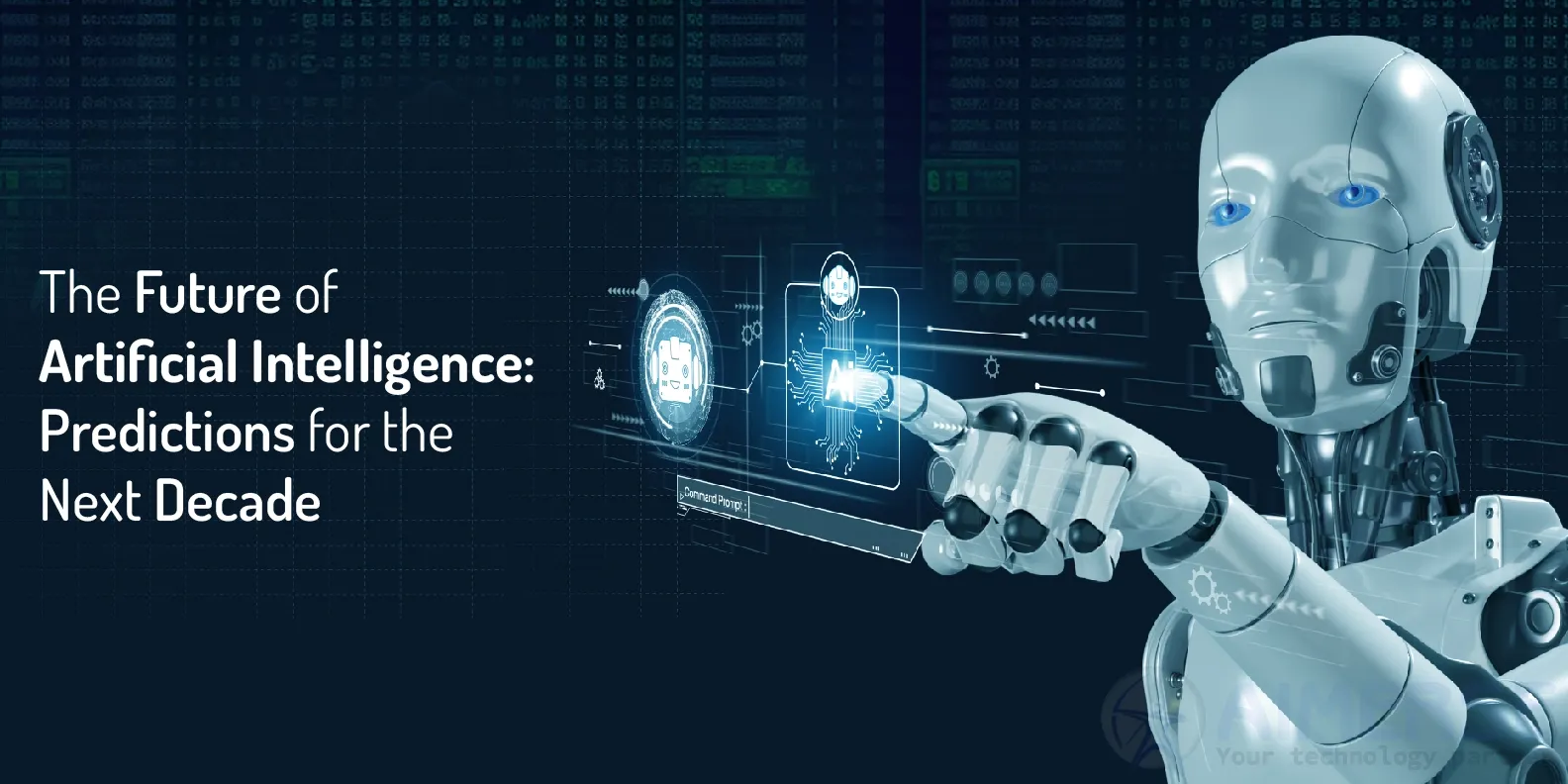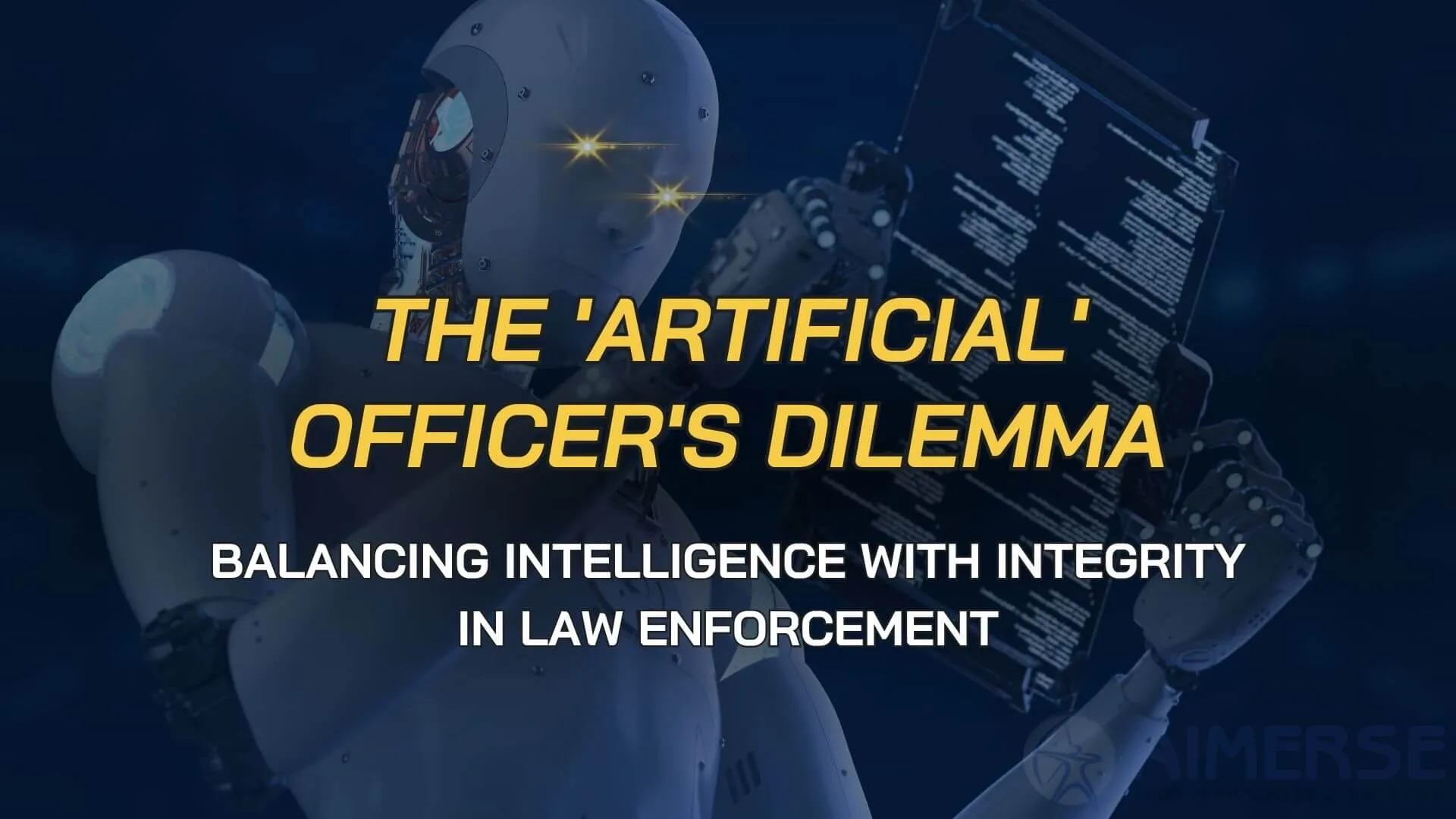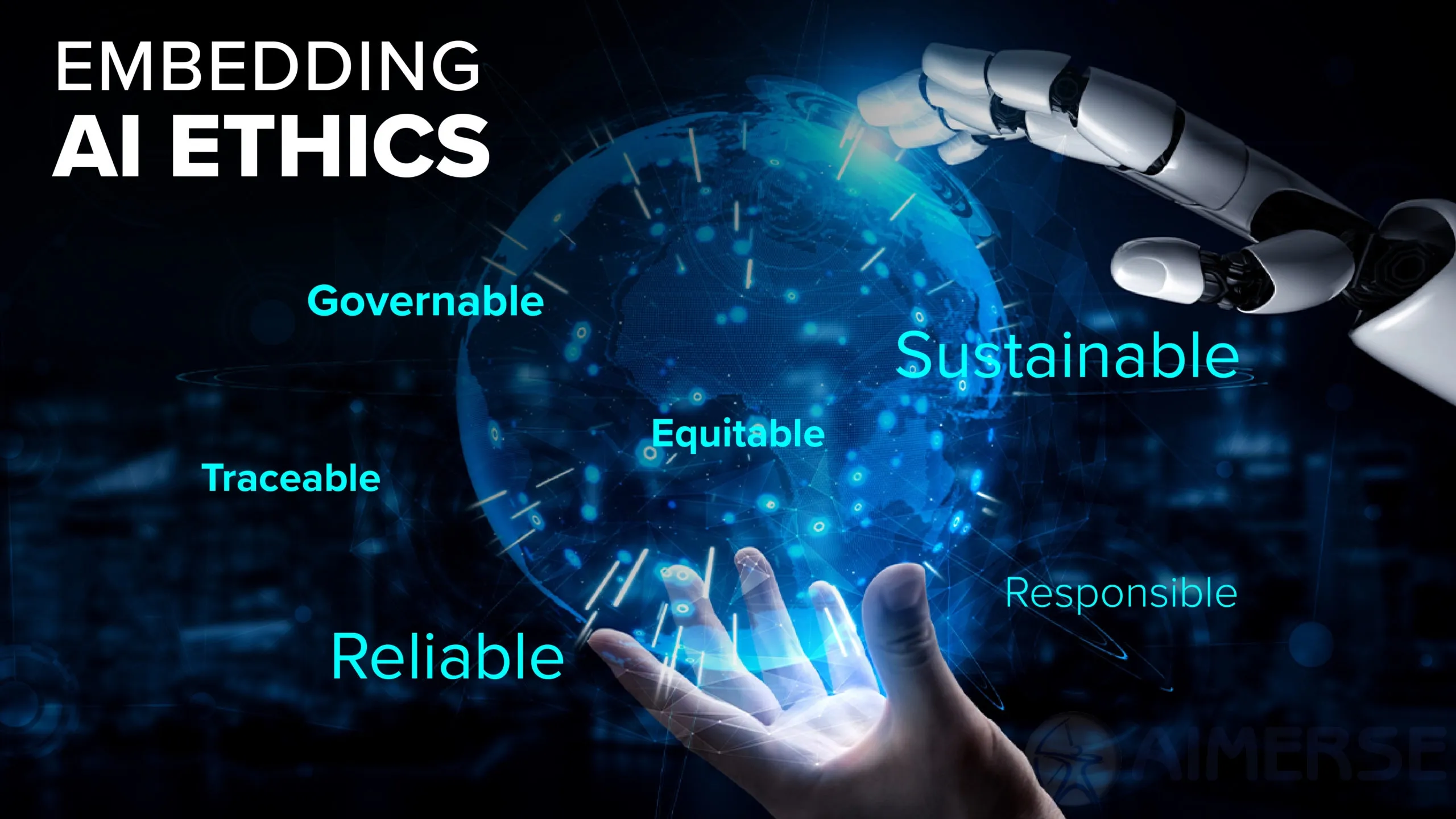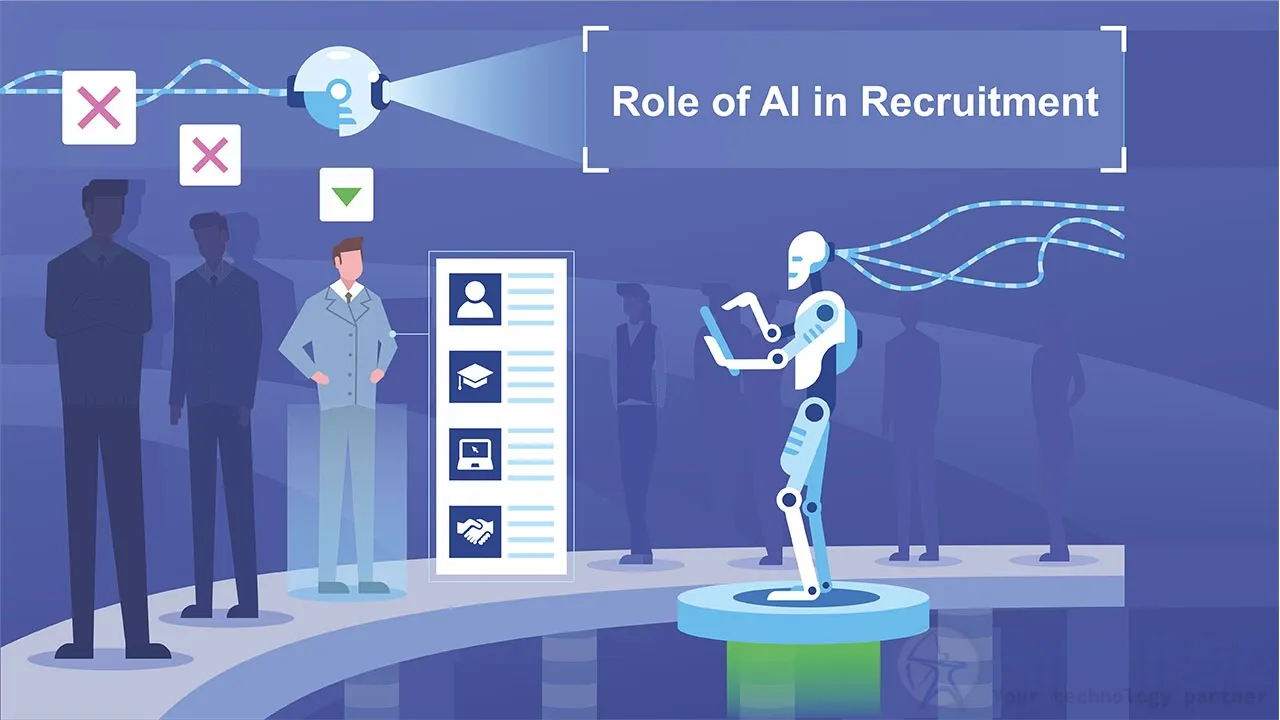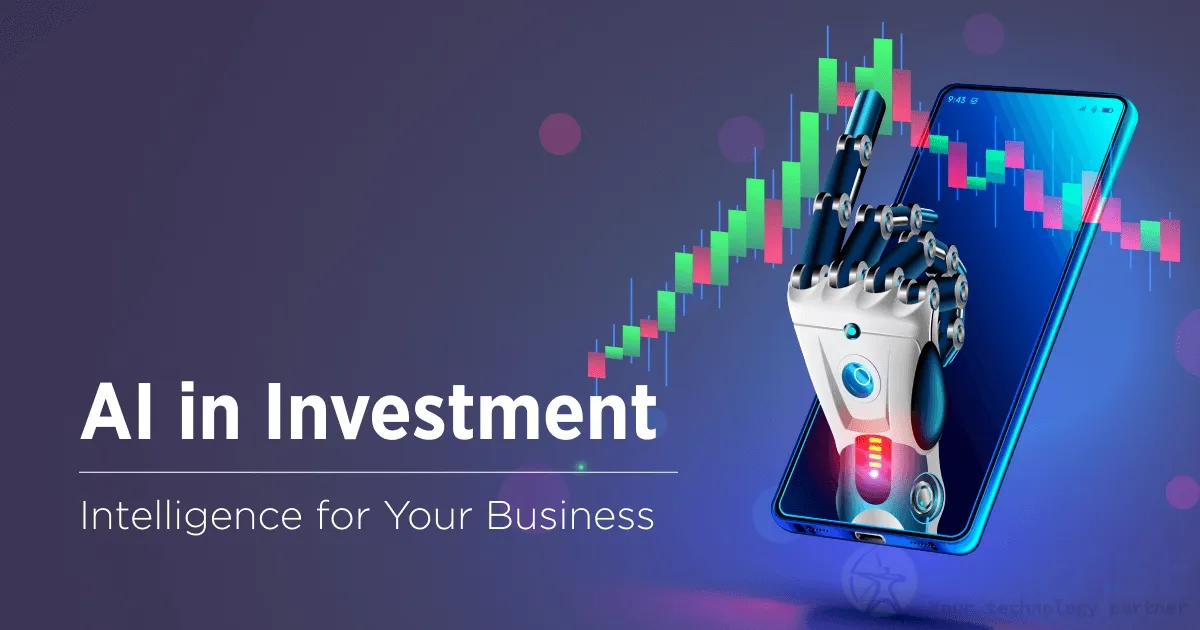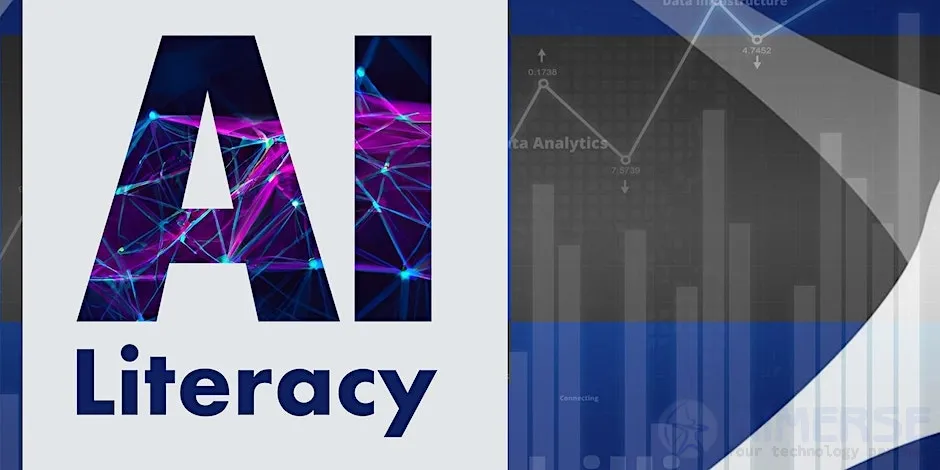Neurological Enhancement: Merging Minds with Machines
During the past few years, there has been observed a transformation of neurological enhancement coming through a combination of the areas of science - neuroscience and technology. According to this concept, the BCIs, that is, the Brain-Computer Interfaces, have the potential as an overall mechanism establishing a pathway directly between a human brain and outer devices and in turn potentially modifying how a person interacts with a device through augmented human cognition capabilities and restore functions lost from past damage.
Understanding Brain-Computer Interfaces
BCI is based on the principle of neural activity recording and decoding in a manner that lets the user operate external devices based on his intention. It has the potential for use in diverse applications, from helping individuals who suffer from motor impairments to cognitive function enhancements and even as a novel method of communication.
Applications of Neurological Enhancement
- Medical Rehabilitation: BCIs will enable paralyzed patients to regain their mobility as they can transmit neural signals to prosthetic limbs or exoskeletons and, therefore, raise their levels of mobility and independence.
- Cognitive Augmentation: One can even improve memory, attention, and other cognitive processes if the promises of BCIs can be hitched with AI. This will open new vistas to learning and productivity.
- Communication: BCIs may become an auxiliary means of communication for those whose speech and/or motor functioning is significantly impaired, maybe even be translated into text or voice.
Challenges and Ethical Concerns
Bright promise aside, some challenges face BCIs:
- Technical Challenges: Researchers continue to make strides toward developing reliable, non-invasive, user-friendly interfaces with the precision of interpreting high-complexity neural signals.
- Ethical Issues: With this increase in tendency, ethical issues, such as privacy, consent, and influence on cognition are so widespread that much care will be needed when the pursuit begins.
Future directions of BCIs will depend hugely on interdisciplinary input from neuroscientists, engineers, ethicists, and even software developers. Software innovations-mainly machine learning and real-time data processing are critical innovations in BCI technology.
Aimerse Technologies offers customized software development in the newest technologies: React.js, Node.js, Python Django, Laravel, and Java Spring Boot. The right measure with the right expertise would create complex applications that may lead to neurological enhancement purposes where human cognition blends with machine intelligence in all aspects without any restraints.
Conclusion
Indeed, the perfect fusion of the human mind and machines via BCIs leaps forward in technology. But with this comes the responsibility that we, during our passage of this new territory, find that innovation should have a balanced share with responsibility one that adds more to the wellness of humankind.
